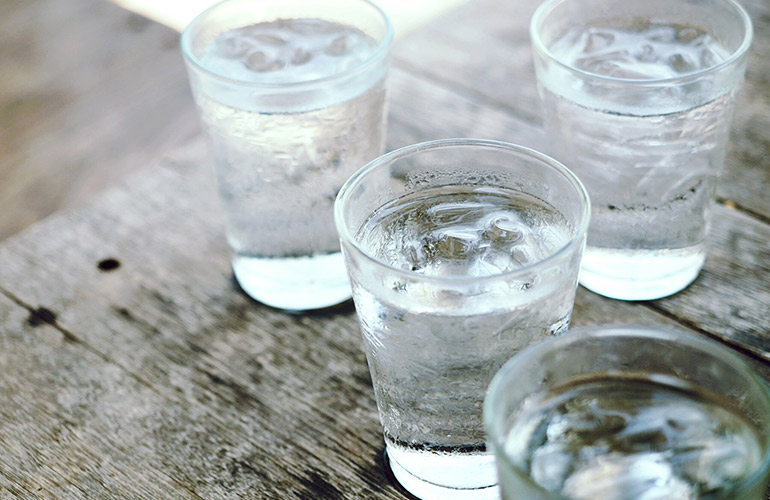With your mouth …

Diet soft drinks may wear at your teeth, potentially causing cavities: When Australian researchers exposed extracted cavity-free molars to regular or diet soft drinks, they saw erosion in both scenarios. This may be due to the acidic content—phosphoric acid is a common cola ingredient, whereas citric acid is a component of Sprite and other lemon—and lime—flavoured soft drinks. Carbonated drinks also prime the body to store more fat.
With your menstrual cycle…

If you’re a young girl (or the mother of one), take note: Intake of caffeinated and artificially sweetened drinks is associated with the start of menstruation before age 11. Researchers at Columbia University, University of Minnesota, and George Washington University determined this after following 9- and 10-year-olds until they were 18 years of age.
With your pregnancy…

Women who drank one or more diet soft drinks daily were significantly more likely to deliver preterm babies, per a preliminary Danish study. There was no link between regular soft drink intake and preterm birth.














